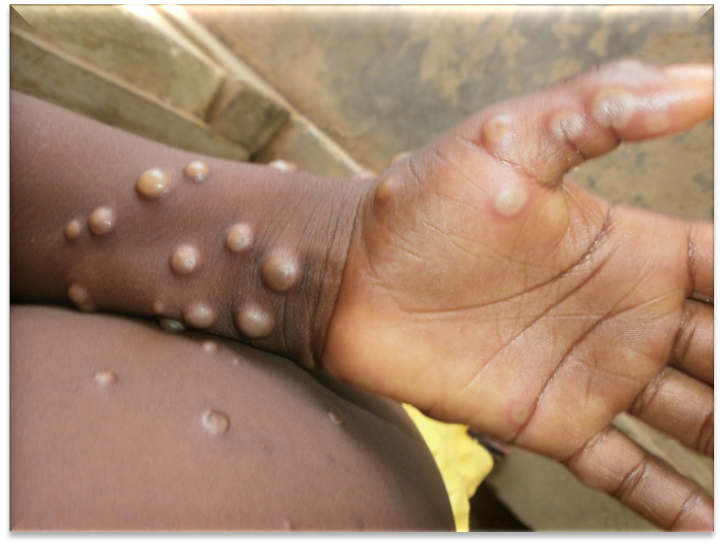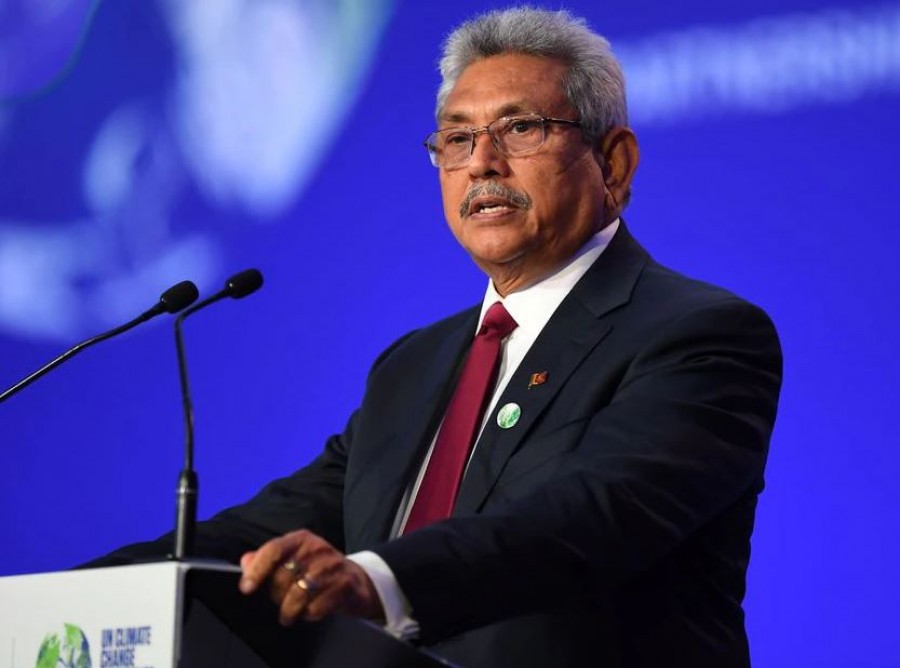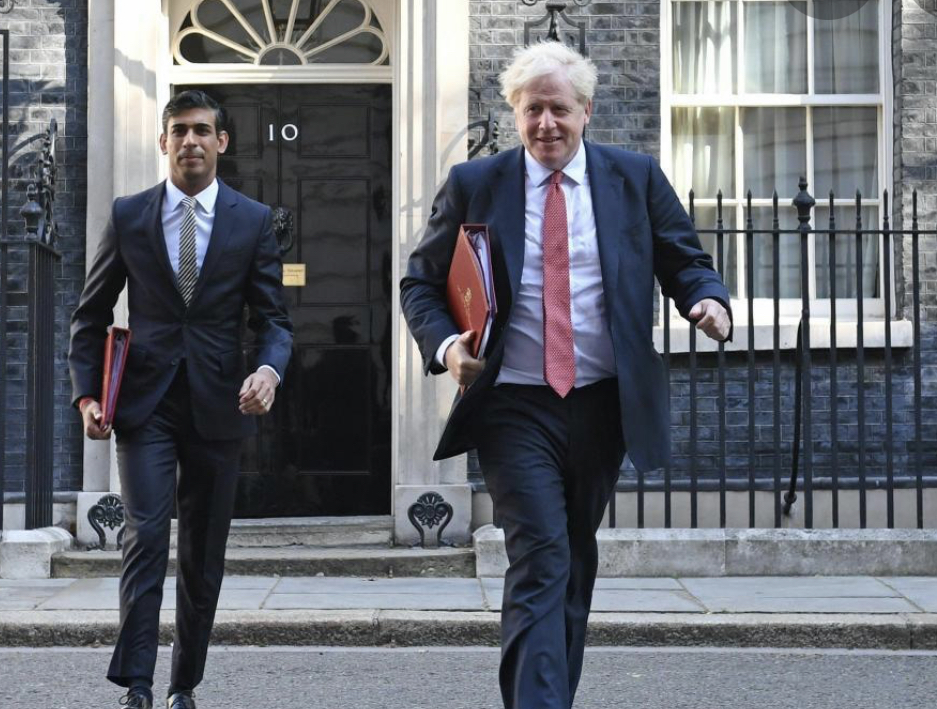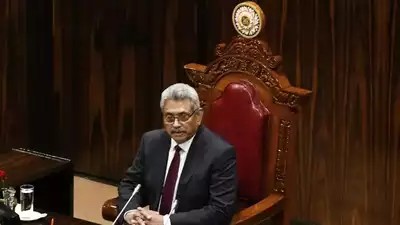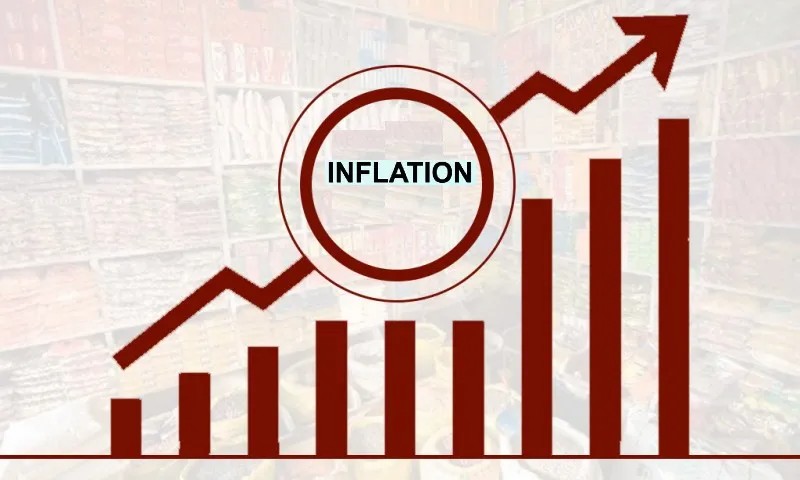The first case of monkeypox in WHO South-East Asia Region has been reported from India, in a 35-year old man who arrived from the Middle East earlier this week.
“The Region has been on alert for monkeypox. Countries have been taking measures to rapidly detect and take appropriate measures to prevent spread of monkeypox,” said Dr Poonam Khetrapal Singh, Regional Director, WHO South-East Asia.
WHO has been supporting Member countries in the Region assess the risk for monkeypox and strengthen their capacities to prepare and respond to the evolving multi-country outbreak, she said.
Over 6 000 cases of monkeypox and three deaths have been reported from across 60 countries since the beginning of the year. More cases can be expected as surveillance expands.
Globally, and in the Region the risk is assessed as moderate. WHO convened a meeting of the Emergency Committee on 23 June 2022 to seek expert advice if the ongoing outbreak was a Public Health Emergency of International Concern. The committee recommended intense response to curtail the spread of the ongoing outbreak, in view of low population immunity against pox virus infection and risk of further sustained transmission into the wider population. The next meeting of the Emergency Committee has been convened on 21 July.
WHO has been sharing guidance for raising awareness; surveillance, case investigation and contact tracing; laboratory diagnostics and testing; clinical management and infection prevention and control; and community engagement, the Regional Director said.
In view of the limited testing capacities in the Region for monkeypox, WHO has coordinated with four laboratories to serve as referrals – National Institute of Virology, India; Victorian Infectious Diseases Reference Laboratory, Australia; National Institute of Health, Department of Medical Sciences, Thailand; and Faculty of Medicine, Chulalongkorn University, Thailand.
WHO is also supporting countries in the Region build testing capacities with technical assistance as well as procurement of required provisions that are high in demand and low in supplies globally.
Orienting clinicians in both public and private sectors to identify and report as well as appropriately treat cases of monkeypox, are among other the key priorities.
“Monkeypox requires collective attention and coordinated action to stop its further spread. In addition to using public health measures and ensuring health tools are available to at-risk populations and shared fairly, it is important to work with communities to ensure that people who are most at risk, have the information and support they need to protect themselves and others,” the Regional Director said.
Monkeypox virus is transmitted from infected animals to humans via indirect or direct contact. Human-to-human transmission can occur through direct contact with infectious skin or lesions, including face-to-face, skin-to-skin, and respiratory droplets.
In the current outbreak countries and amongst the reported monkeypox cases, transmission appears to be occurring primarily through close physical contact, including sexual contact. Transmission can also occur from contaminated materials such as linens, bedding, electronics, clothing, that have infectious skin particles.
Source: WHO







